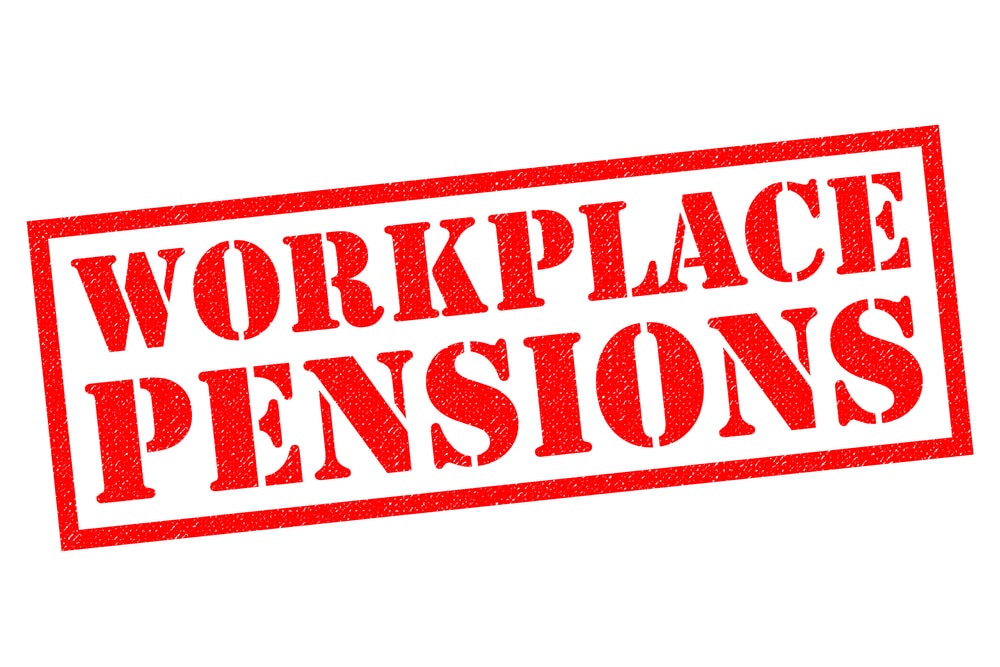
Most employees and workers in the United Kingdom opt for Personal Pensions to help build up retirement income benefits. They are often known as “defined contributions” or “money purchase” and offer a variety of tax advantages, whether you’re self-employed, employed, or not working. There are some organisations who offer personal pensions as workplace pensions.
Personal Pensions
Personal pensions can be described as individual contracts between an employee and the pension provider and are set up by the employee themselves. While, the pension provider is usually an insurance company, there are a number of other independent providers as well.
There are no restrictions on the number of different pension schemes that you can opt for. However, there are limits on the total amount that can be contributed annually across all pension schemes, if you wish to receive tax benefits on contributions.
There are different types of personal pension, including:
- Stakeholder pensions (these are required to meet specific government requirements such as limits on charges);
- Self-invested personal pensions or SIPPs (these allow complete control over specific investments to the pension holder)
The money you invest into a personal pension scheme is put into investments (for example, shares) by the pension provider. Also, the money you receive from a personal pension depends on:
- The paid-in amount;
- Performance of the fund’s investments;
- how you decide to take your money;
Workplace Pensions
Workplace pensions are also called ‘occupational’, ‘work-based’, ‘company’ or ‘works’ pensions, and are arranged by your employer. Generally, your employer puts a percentage of your pay into the pension scheme automatically for every working day and also adds money on your behalf. Additionally, you may also receive tax benefits from the government.
Recent amendments to UK employment law requires every employer to automatically enroll employees into a workplace pension scheme if they:
- age at least 22, however, under state pension age;
- earn at least £10,000 a year; and
- work in the UK;
Employees aged between 16 and 21, or between state pension age and 74, may ask to opt in if their earnings exceed the £10,000 threshold. Also, employees who earn less than £5,824 are also entitled to join a workplace pension scheme; however, the employer doesn’t have to contribute.
On the other hand, it is against the law for any employer to:
- influence employees to opt out of a qualifying pension scheme;
- ask during recruitment if they would plan to opt out; or,
- penalise them for enforcing their pension rights;
What are the Responsibilities of Employers
As per UK employment law, all employers must automatically enroll their employees into a pension scheme and make contributions to individual pension funds. Even if an employee is not automatically eligible for enrolment, he or she can still join their pension scheme. Having said this, their employer would not have to contribute to their pension fund, if the employee earns these amounts or less:
- £116 per week
- £464 per 4 weeks
- £503 per month
Also, your employer must:
- pay at least the minimum contributions to your pension scheme on time;
- let you “opt out ” or leave the pension scheme and pay a full refund of the money paid if you choose to opt out within 1 month;
- let you rejoin the scheme at least once a year;
- rejoin once every 3 years if you’ve had opted out and you’re still eligible for automatic enrolment;
Your employer can’t:
- influence or force you to opt out of the pension scheme;
- unfairly dismiss or discriminate against you for opting for a workplace pension scheme;
- imply that a candidate is more likely to get a job if he or she chooses to opt out of the pension scheme;
- close a workplace pension scheme without enrolling all existing members into another one;
Your Information Rights
When your employer automatically enrolls you into a workplace pension scheme, they must inform the following points to you in writing:
- the date they’ve enrolled you into the pension scheme;
- the type of pension scheme and who is the provider;
- how much you’ll have to pay in and their contribution;
- how you can opt out of the scheme;
What is “Salary Sacrifice”
Salary sacrifice or ‘SMART’ scheme is usually agreed between an employee and an employer. Under this scheme, the employee gives up part of their salary and your employer pays this amount straight into the employee’s pension fund. In some cases, this implies that both the parties pay less tax and National Insurance.
What are Group Personal Pensions (GPPs)?
Group personal pensions or GPPs are a type of personal pension, which is offered by your employer to you and your colleagues. However, the contract still remains between you and the pension provider. Additionally, Group personal pensions may have lower charges than personal pensions, as the provider may offer a discount for the volume of policies to the employer.
Similar to personal pensions, GPPs too are flexible and portable. Therefore, if you change jobs, or stop working, you may be able to continue your contributions to the plan. otherwise, you may keep the money invested until it’s time to draw your pension benefits.
Tom Street qualified as a solicitor in 2003 and has over 20 years experience in employment and litigation law. He studied law at the University of Manchester before undertaking the legal practice course at the College of Law in Guildford, going on to complete his legal training at a firm in Chancery Lane, London. Once fully qualified, he moved to a niche litigation practice in the City of London.
In 2010, Tom set up his own legal practice, Tom Street & Co Solicitors and as part of this, in accordance with his strongly held objective to provide everyone with an easy pathway to justice he established the online portals Do I Have A Case? and Tribunal Claim. These websites are trading names of Tom Street & Co Solicitors.

